A Lost Historic Place: Visualizing the Rumney-West Tavern at Historic London Town
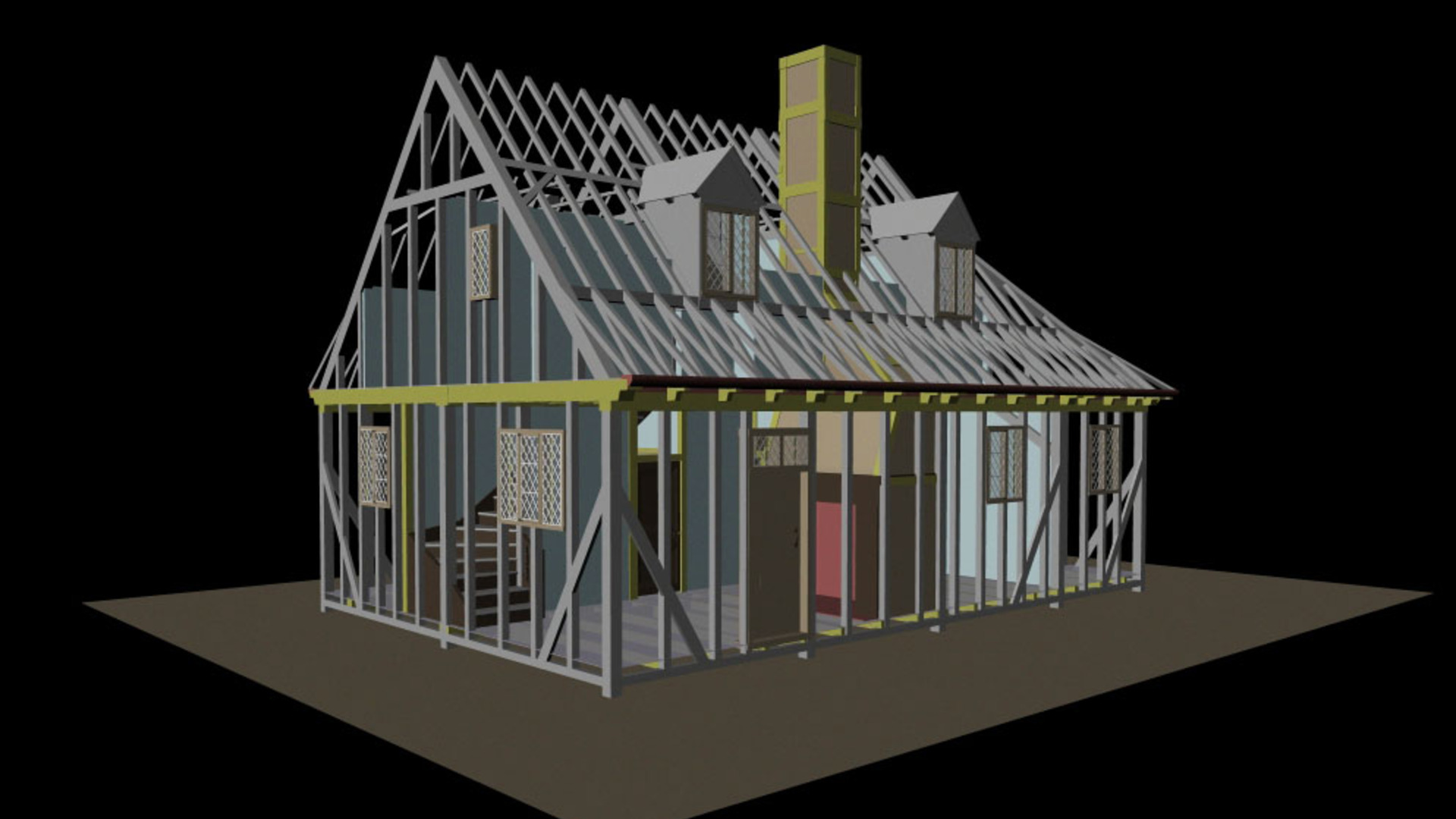
Today, visitors to the colonial recreation in Edgewater, Maryland see only an empty field where the Rumney-West Tavern, one of the tobacco port’s social and economic centers, would have been. In 2014, the IRC worked with History professor Anne Sarah Rubin, the Center for Digital History and Education, and Historic London Town and Gardens to create an accurate 3D visualization of this eighteenth-century tavern.
The visualization project drew on 20 years of archaeological research by Historic London Town and Gardens and the Anne Arundel County Lost Towns Project. London Town worked with Willie Graham, the curator of Architecture at the Colonial Williamsburg Foundation, to prepare a set of detailed architectural drawings. The drawings, based on the available archaeological evidence, show the size and framing of the building. The drawings also include descriptions of the historical building materials, from the types of boards and fastenings, down to the number of tree rings.
The IRC used the Graham drawings to construct a meticulous model of the tavern. Textures (historical woods, plaster, and tiles) were collected from London Town and then mapped onto the 3D geometry to re-create the tavern’s materials and surfaces.
LondonTownTrailer from ircumbc on Vimeo.
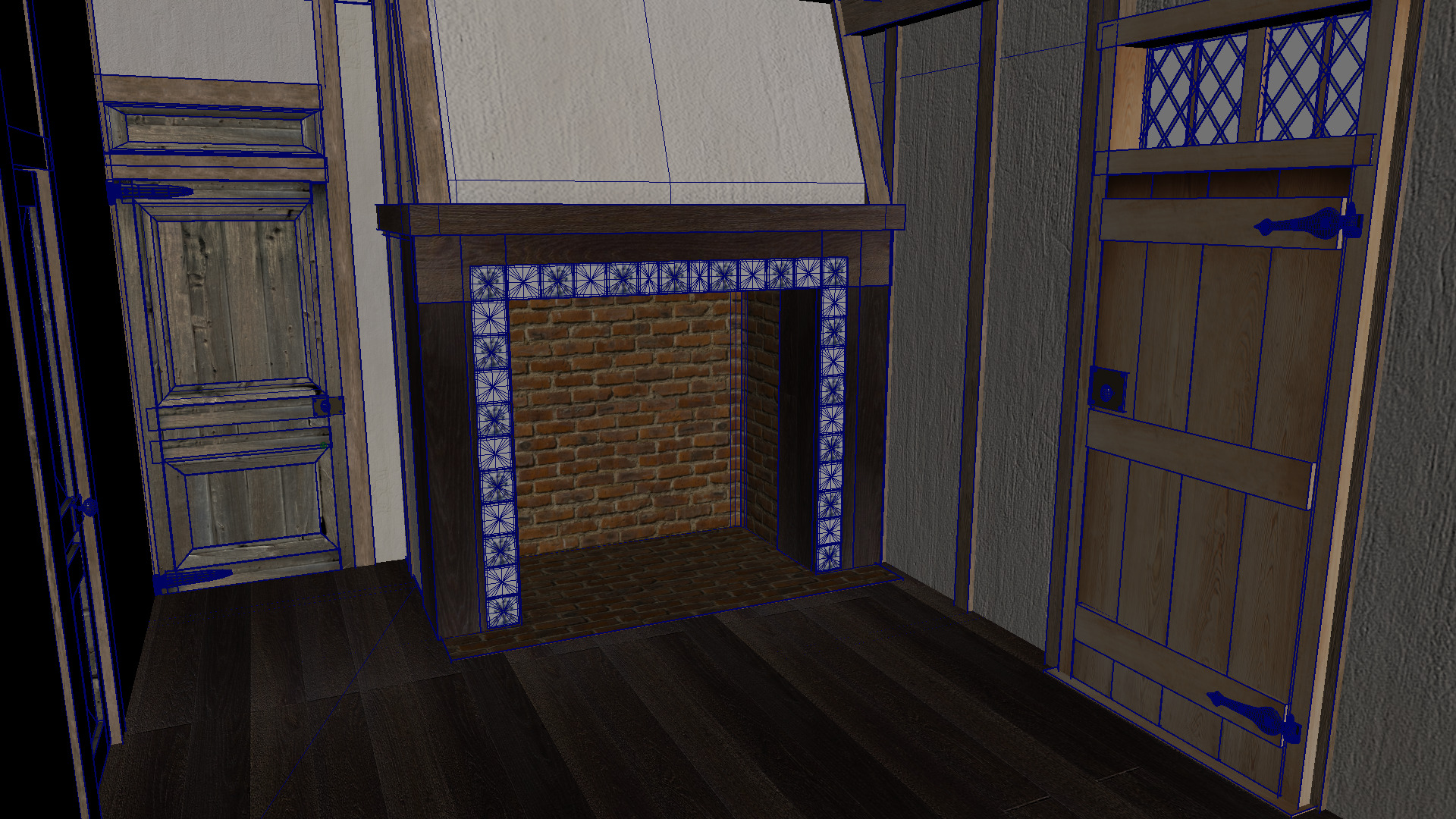
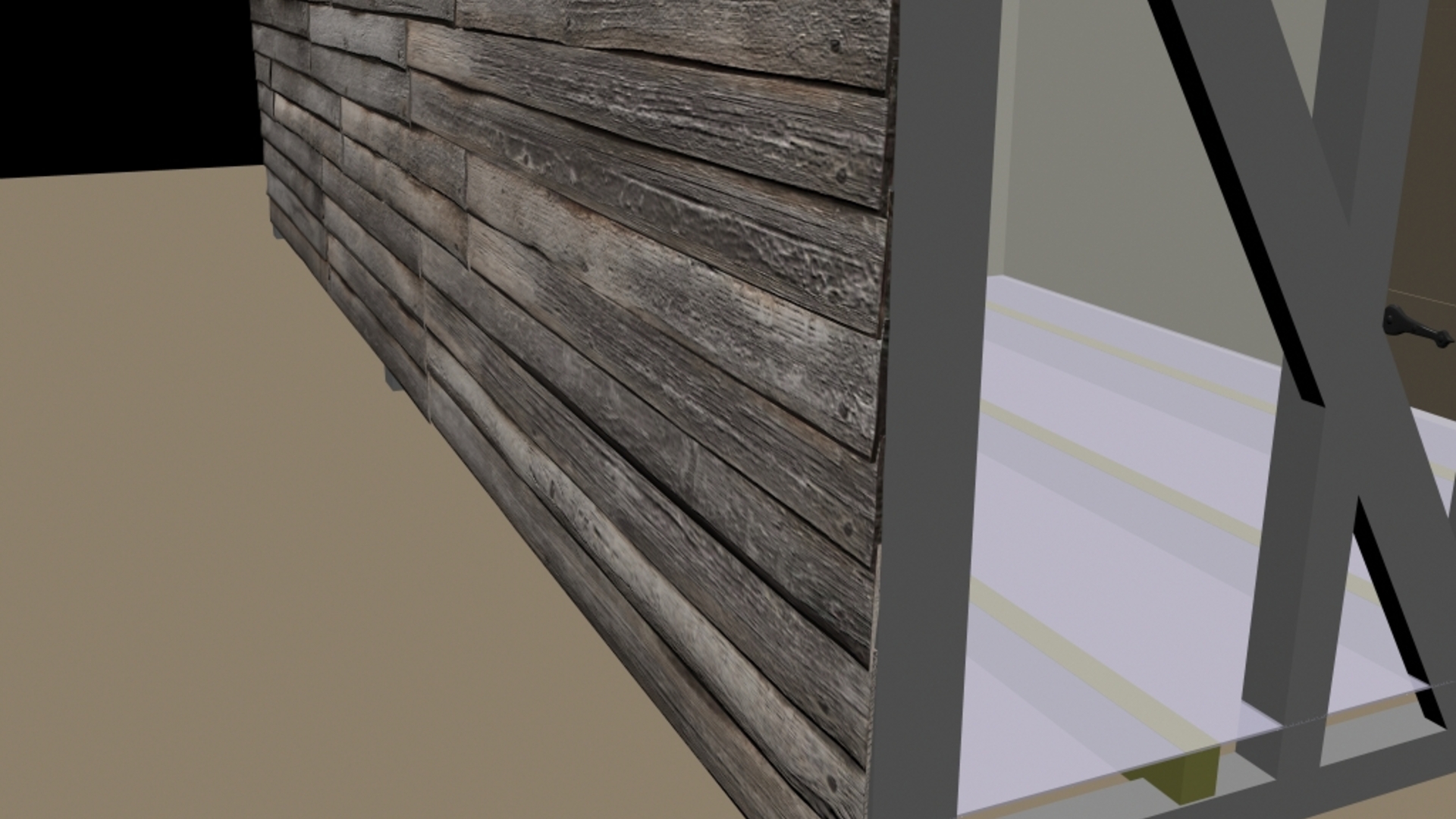
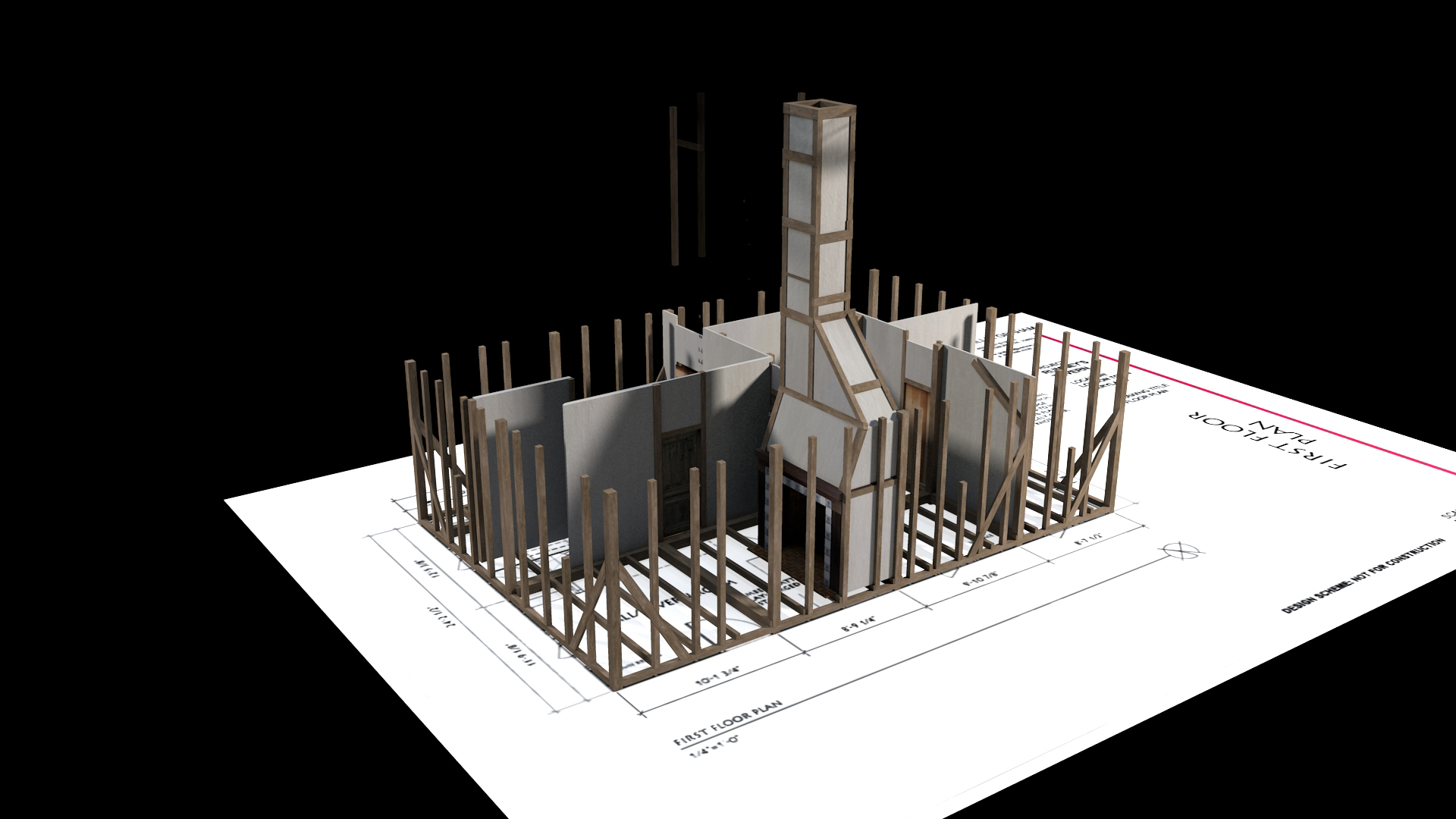
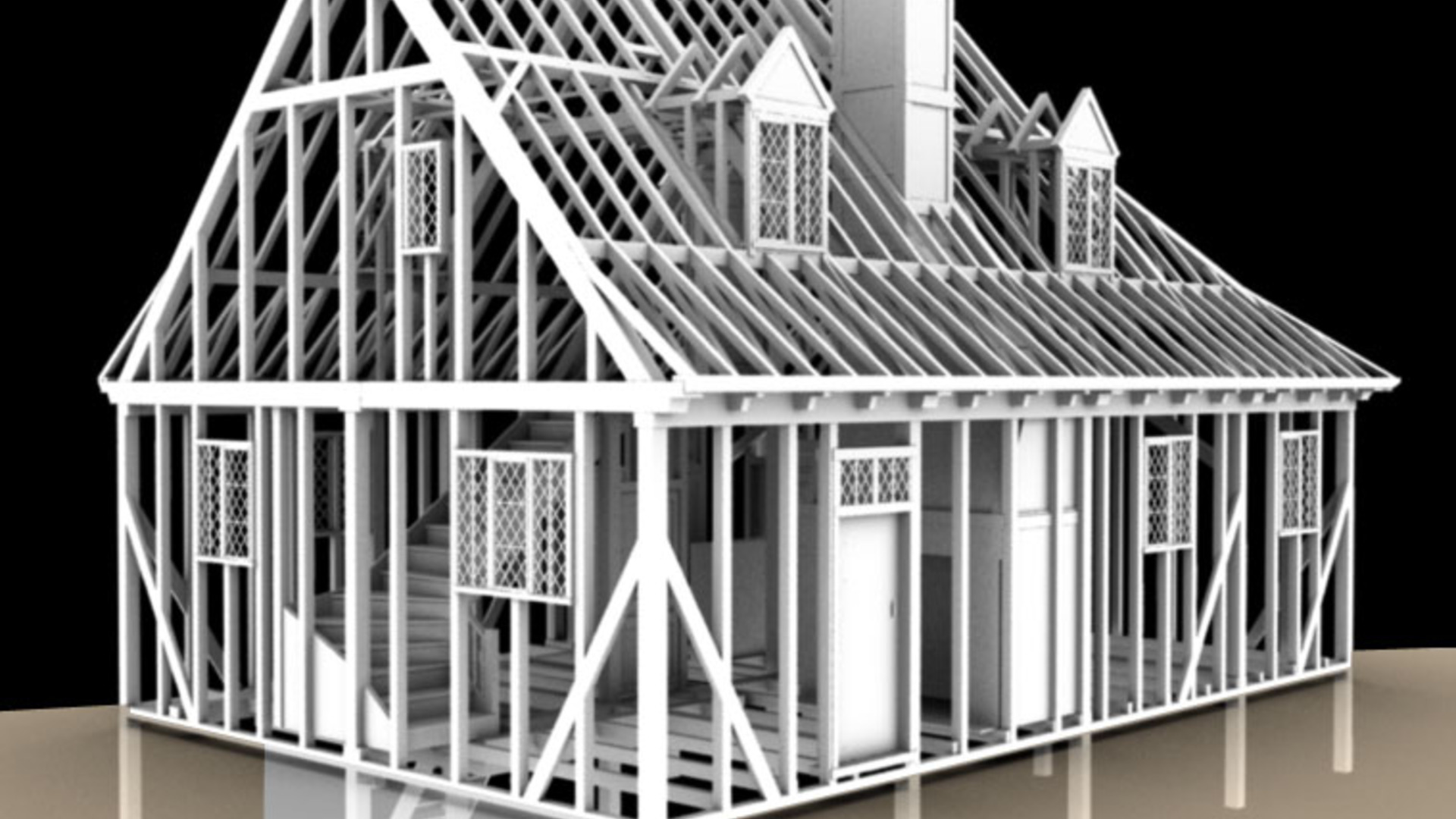
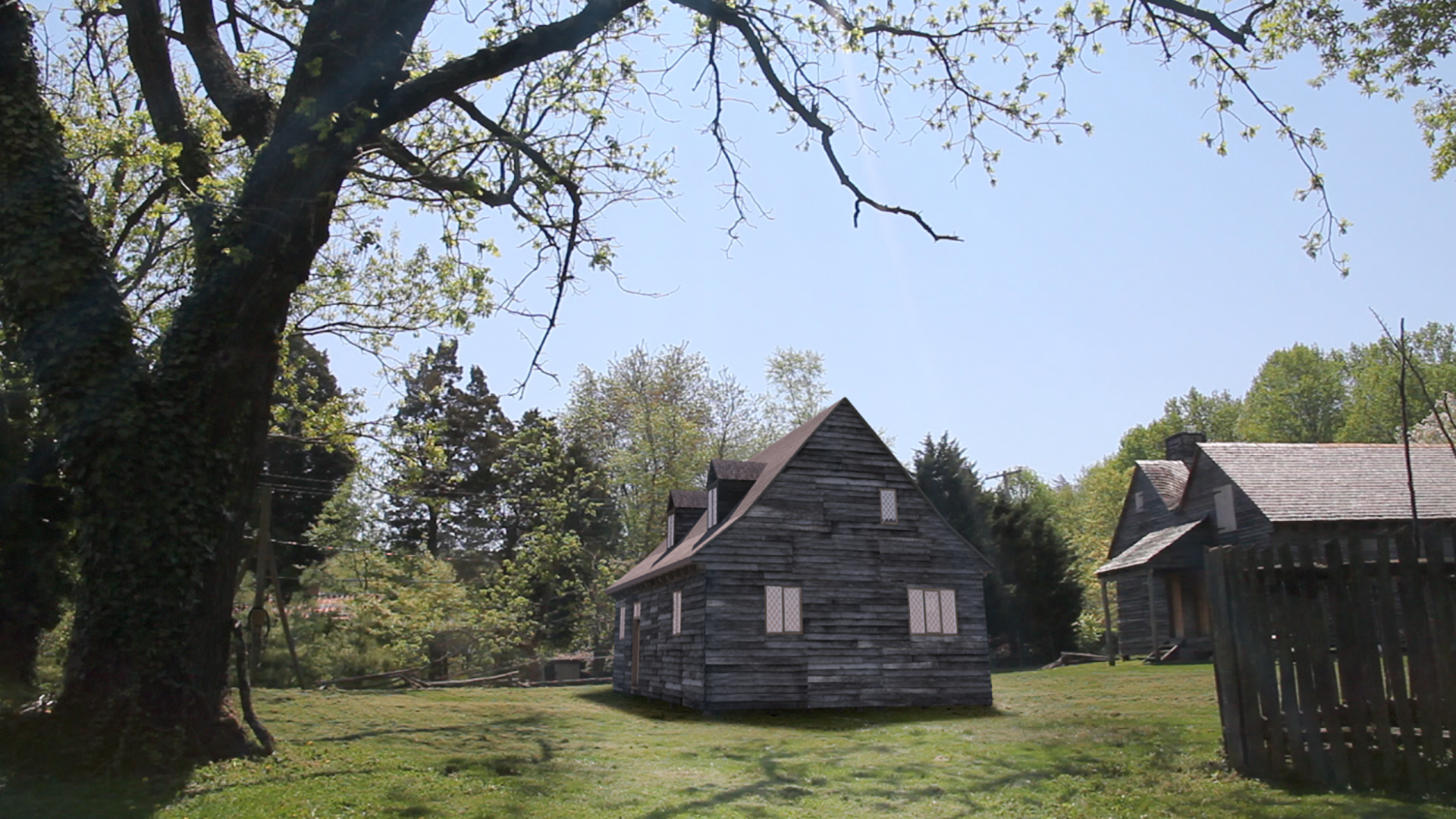
Researchers and Creators
Imaging Research Center, UMBC © 2024